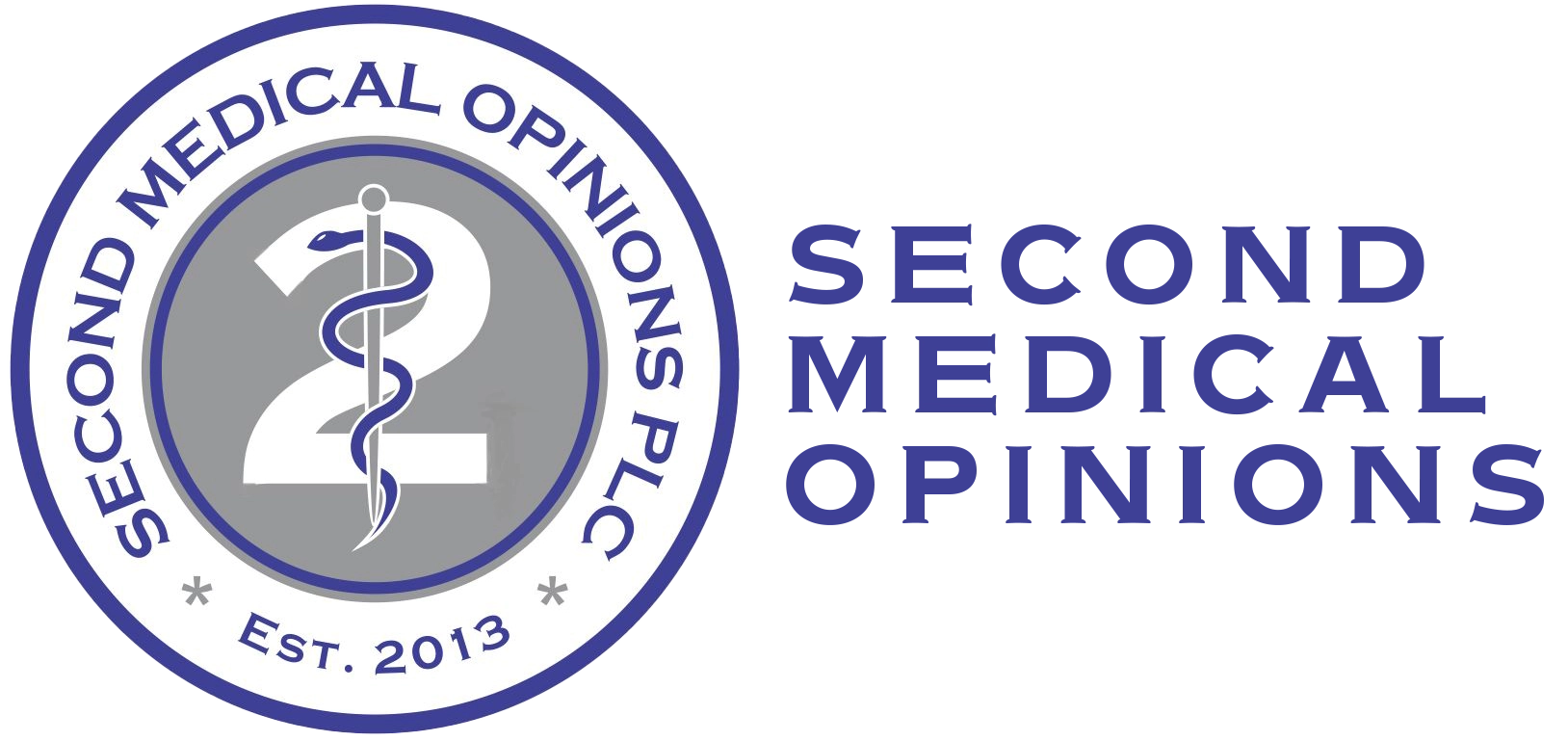Frequently Asked Questions
Always ready to help!
- Home
- Frequently Asked Questions
Frequently Asked Questions
How we can help you?
We believe informed people and businesses make better decisions. These resources are here to give you clarity and peace of mind.
FAQ
Popular Questions About
Second Medical Opinions
A: Your doctor should not be offended. Most good doctors welcome a second opinion. It shows you care about your health and want to be fully informed.
After a brief consultation, you’ll send us your medical records. Our board-certified physician will review and provide a written or virtual second opinion within days.
Our services are typically self-pay. However, we can provide documentation if you wish to submit to your insurer.
Yes. We serve international patients and provide written or virtual second opinions wherever you are.
That’s okay — our goal is to inform, not to replace your provider. We help you ask better questions and consider options more confidently.
Anytime you're facing a serious diagnosis, risky procedure, or treatment that feels unclear. A second opinion offers clarity and reassurance.
Yes. It’s often helpful to reassess your current plan and explore alternatives or refinements.
Second opinions are especially helpful for serious diagnoses (like cancer, stroke, kidney disease), complex treatment plans, or rare conditions where options may vary.
No referral is required. You can contact us directly — we’ll guide you through the process from consultation to record review.
Typically within 2 to 5 business days after we receive your medical records. Urgent cases may be expedited.
FAQ
Popular Questions About
Independent Medical Evaluations
A: An IME is an impartial medical review of your health condition by an objective, third-party doctor. The purpose is to provide a neutral and unbiased assessment of your medical status, diagnosis, and ability to perform certain activities.
IMEs are typically requested by insurance companies, legal firms, or employers in cases like workers' compensation, personal injury lawsuits, or disability claims. The goal is to get a neutral medical opinion to help resolve a dispute or confirm the extent of an injury.
A physician will review your medical records, conduct a physical exam, and ask questions about your health history and symptoms. They do not provide any treatment; their role is purely for evaluation.
An IME doctor provides an objective medical opinion for the requesting party and does not have a doctor-patient relationship with you. Your treating doctor is the physician responsible for your medical care, diagnosis, and treatment.
The timeline can vary, but we are committed to an efficient process. The final report is typically delivered to the requesting party within 7-14 business days after the evaluation is completed.
The report is a confidential document sent directly to the party that requested it (e.g., the insurance company or law firm). You will need to request a copy from them.
FAQ
Popular Questions About
Medical Expert Witness
A medical expert witness is a qualified physician or healthcare professional who provides specialized, unbiased opinions in legal cases. They help courts, juries, and attorneys understand complex medical information related to a lawsuit.
A medical expert witness is needed in legal cases where medical facts are central to the dispute. This includes medical malpractice lawsuits, personal injury claims, and product liability cases involving medical devices or pharmaceuticals.
A medical expert witness reviews medical records, analyzes facts, and provides a professional opinion on the medical aspects of a case. They may write reports, provide depositions, and testify in court to explain their findings.
Experts are chosen based on their credentials, experience, and specific expertise in the medical field relevant to the case. Legal teams often look for experts who are board-certified and have a strong reputation for impartiality.
The expert's opinion is based on a thorough review of medical records, scientific evidence, and their own clinical knowledge. Their findings must adhere to recognized medical standards and practices, ensuring their testimony is grounded in facts, not personal bias.
The party that retains the expert, typically the plaintiff or defendant in a lawsuit, pays the expert's fees. These costs are often part of the overall legal expenses for the case.

Testimonials


